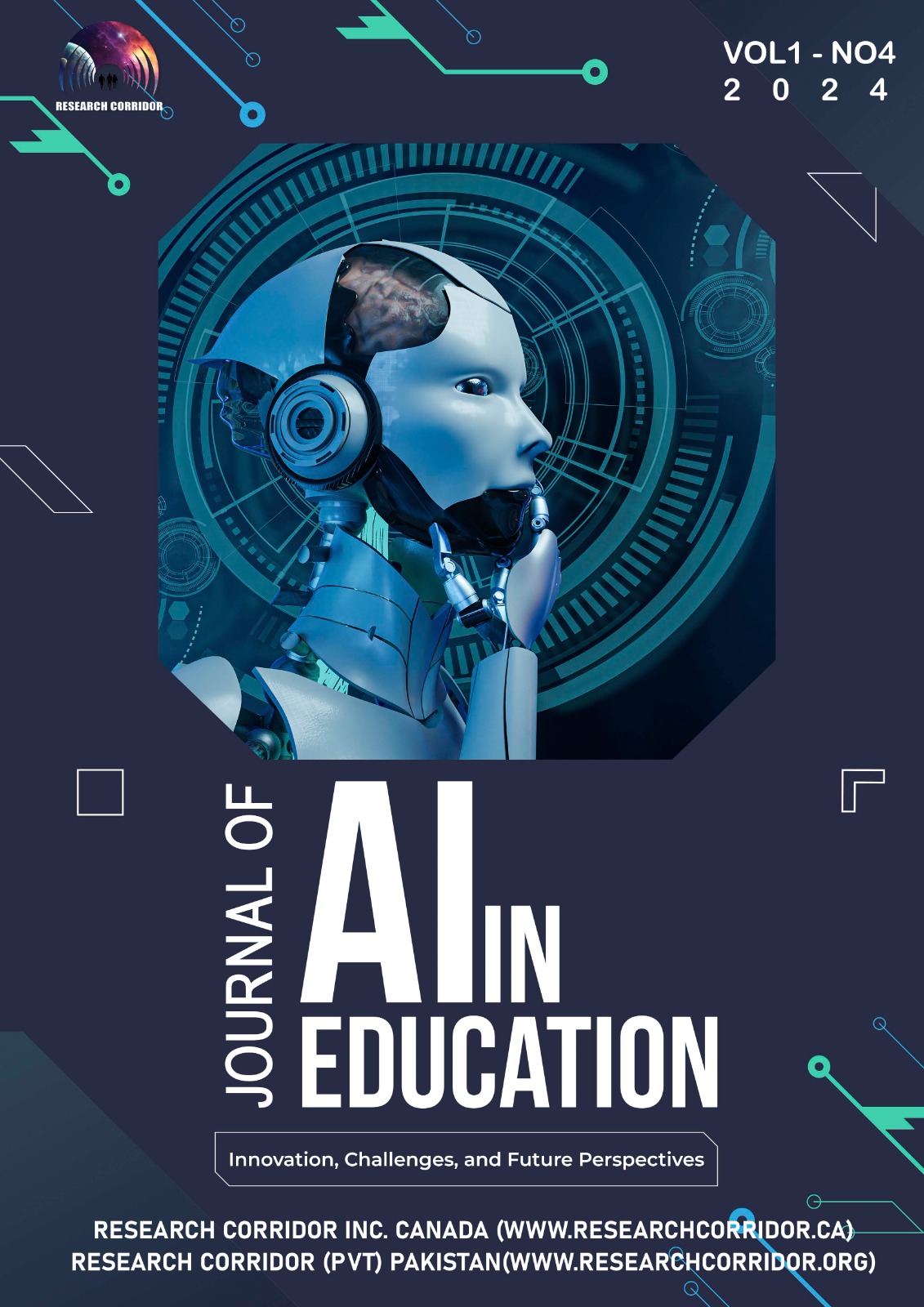AI-Powered Assessment and Feedback: Enhancing Student Engagement and Performance
Keywords:
AI-powered assessment, automated feedback, student engagement, personalized learning, machine learning in education, AI ethics, adaptive learning, formative assessment, AI in pedagogy, self-regulated learningAbstract
The integration of artificial intelligence (AI) in education has transformed traditional assessment and feedback mechanisms, leading to more personalized and efficient learning experiences. AI-powered assessment tools leverage machine learning and natural language processing to automate grading, provide real-time feedback, and tailor learning pathways based on student performance. These technologies enhance student engagement by offering immediate, actionable insights that promote self-regulated learning and motivation (Luckin, 2018). Additionally, AI-driven feedback systems reduce the administrative burden on educators, allowing them to focus on instructional strategies and individualized support (Holmes et al., 2021).
However, while AI-powered assessments offer numerous advantages, they also raise challenges related to data privacy, algorithmic bias, and the depersonalization of learning experiences (Selwyn, 2022). Ethical concerns regarding the fairness and transparency of AI algorithms necessitate the development of responsible AI frameworks to ensure equitable learning opportunities for all students (Williamson & Eynon, 2020). Furthermore, the effectiveness of AI-based feedback depends on its alignment with pedagogical best practices, emphasizing the need for teacher involvement in designing and interpreting AI-generated insights (Zhai, 2022).
This study explores the role of AI in enhancing student engagement and performance through automated assessment and feedback. It examines the benefits, challenges, and future directions of AI-driven evaluation systems in education. The findings contribute to the ongoing discourse on the collaborative integration of AI in pedagogy, ensuring that technology serves as a supportive tool rather than a replacement for human educators. By adopting a balanced, human-AI hybrid approach, educational institutions can harness the potential of AI while preserving the essential elements of teacher-student interaction and critical thinking.





